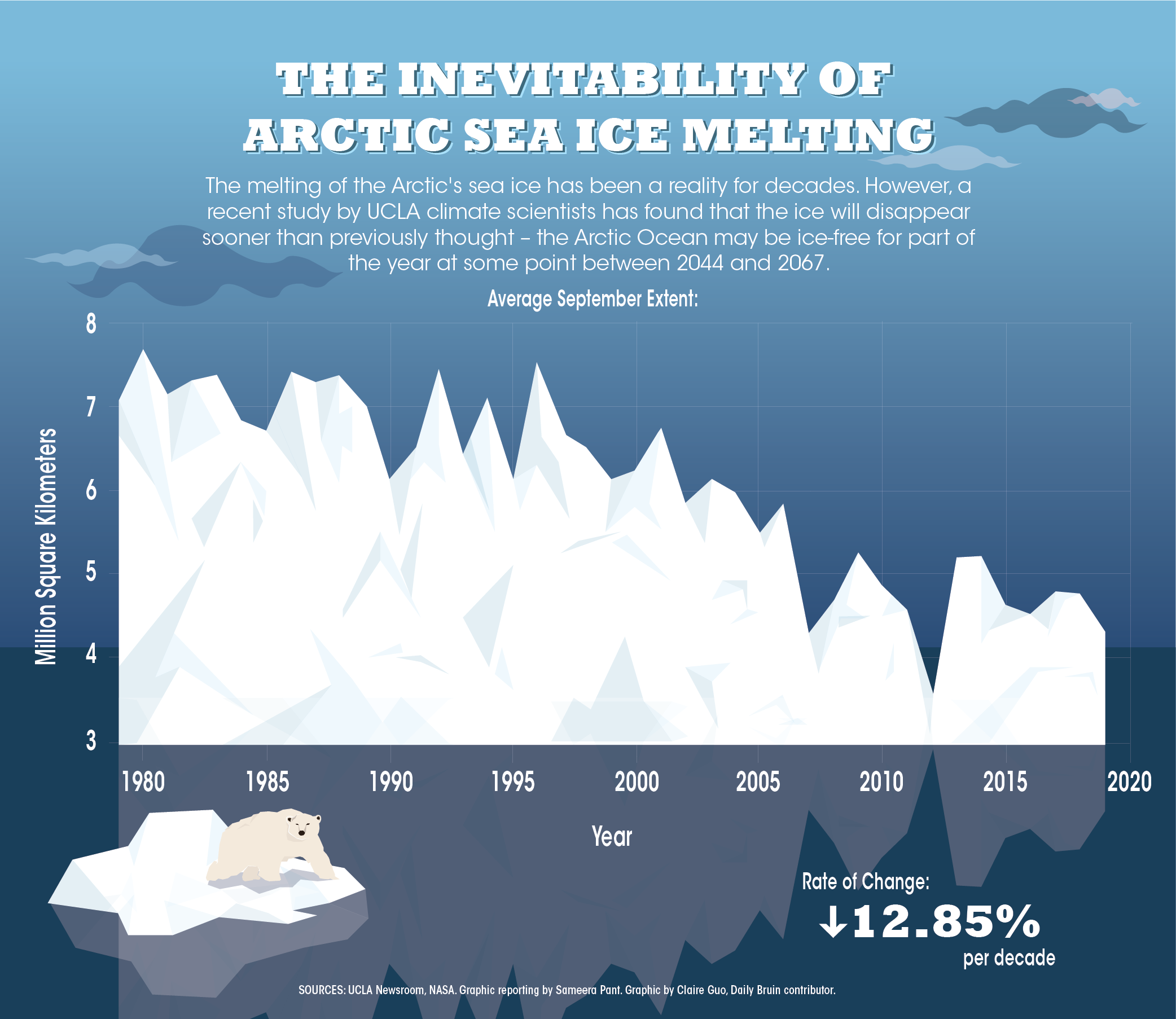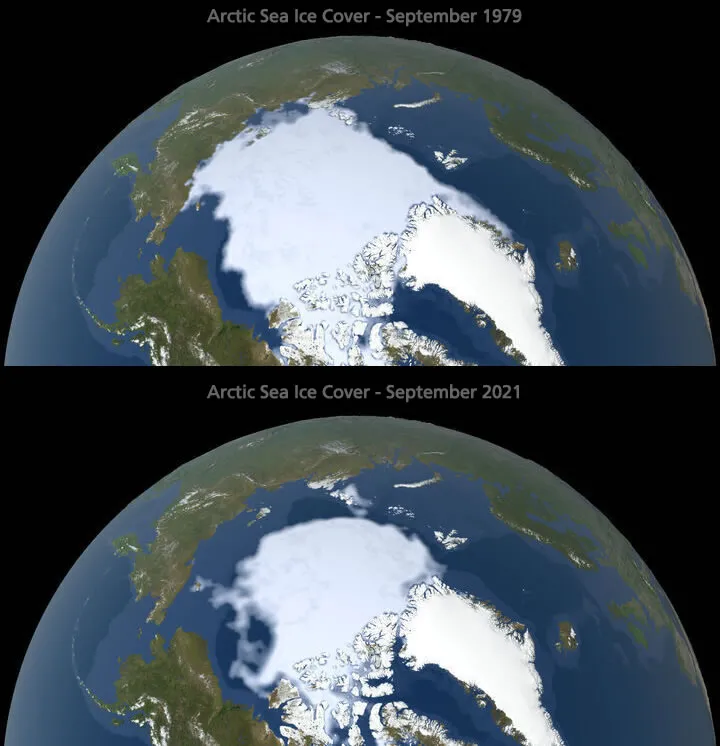Introduction
Climate change is a pressing issue that affects every corner of our planet, but perhaps nowhere is it more evident than in the polar regions. The Arctic and Antarctic are experiencing rapid changes due to rising temperatures, melting ice, and shifting ecosystems. In this blog post, we will explore the profound impact of climate change on these fragile and unique environments.
2. Melting Ice
One of the most visible effects of climate change in the polar regions is the melting of ice. Arctic sea ice is shrinking at an alarming rate, leading to rising sea levels and loss of habitat for ice-dependent species such as polar bears and seals. In Antarctica, ice shelves are collapsing, contributing to the disintegration of glaciers and further sea level rise.
2.1 Loss of Habitat
The loss of ice has a direct impact on the habitat of various species. Polar bears, for example, rely on sea ice for hunting seals, their primary food source. With less ice, polar bears are forced to swim longer distances, leading to exhaustion and reduced hunting success. Similarly, penguins in Antarctica depend on sea ice for breeding and foraging, and the decline in ice availability threatens their survival.
2.2 Rising Sea Levels
The melting of polar ice contributes to rising sea levels, which pose a threat to coastal communities around the world. As sea levels rise, low-lying areas are at risk of flooding, leading to displacement of human populations and loss of infrastructure. Small island nations, such as those in the Pacific, are particularly vulnerable to the impacts of rising sea levels.
3. Changing Ecosystems
Climate change is causing significant shifts in polar ecosystems. Warmer temperatures are altering the distribution and abundance of species, disrupting food webs and ecological interactions. In the Arctic, for example, the reduction in sea ice has allowed new species to move into the region, potentially outcompeting native species and disrupting the delicate balance of the ecosystem.
3.1 Ocean Acidification

As carbon dioxide levels in the atmosphere increase, the oceans absorb a significant portion of this greenhouse gas. This leads to ocean acidification, which has detrimental effects on marine life. In the polar regions, acidification can impact the growth and survival of shell-forming organisms such as corals and mollus.
Summary
The polar regions are undergoing significant transformations as a result of climate change. The Arctic, in particular, is warming at twice the rate of the global average, leading to the rapid melting of sea ice. This loss of ice has far-reaching consequences for both wildlife and human populations. Polar bears, for instance, rely on sea ice as a platform for hunting seals, their primary food source. With diminishing ice cover, their survival is increasingly threatened.
In addition to the loss of sea ice, the melting of glaciers and ice sheets in both the Arctic and Antarctic is contributing to rising sea levels. This poses a significant risk to coastal communities and low-lying islands around the world. Furthermore, the warming temperatures are causing shifts in ecosystems, affecting the distribution and abundance of various species.
Climate change in the polar regions also has global implications. The melting of polar ice contributes to the release of greenhouse gases trapped in the ice, further exacerbating the warming trend. Additionally, changes in ocean currents and temperature patterns can disrupt global weather patterns, leading to more extreme weather events in various parts of the world.
It is crucial that we take immediate action to mitigate the impacts of climate change on polar regions. This includes reducing greenhouse gas emissions, transitioning to renewable energy sources, and imp straight from the source lementing sustainable practices. By doing so, we can help preserve these unique ecosystems and protect the countless species that call them home.
- Q: How does climate change affect polar regions?
- A: Climate change has a significant impact on polar regions, leading to rising temperatures, melting ice caps and glaciers, sea-level rise, and changes in wildlife habitats.
- Q: What are the consequences of melting ice in the polar regions?
- A: Melting ice in the polar regions contributes to rising sea levels, which can result in coastal flooding, erosion, and the displacement of coastal communities.
- Q: How does climate change affect polar wildlife?
- A: Climate change disrupts the delicate ecosystems of polar regions, affecting the feeding and breeding patterns of various species. It can lead to the loss of habitat, decline in population, and even extinction of certain animals.
- Q: Are there any positive impacts of climate change on polar regions?
- A: While climate change predominantly has negative effects on polar regions, it has opened up new shipping routes and access to natural resources, which can have economic benefits for some regions.
- Q: What can be done to mitigate the impact of climate change on polar regions?
- A: Mitigating the impact of climate change on polar regions requires reducing greenhouse gas emissions, promoting sustainable practices, protecting vulnerable habitats, and supporting international agreements and initiatives aimed at combating climate change.

Welcome to my website! My name is Hayden Statton, and I am thrilled to share my passion for outdoor adventures, cultural festivals, and the exploration of heritage sites with you. As a professional outdoor gear sales representative, I have dedicated my career to helping individuals like you embark on unforgettable journeys and create lasting memories.

